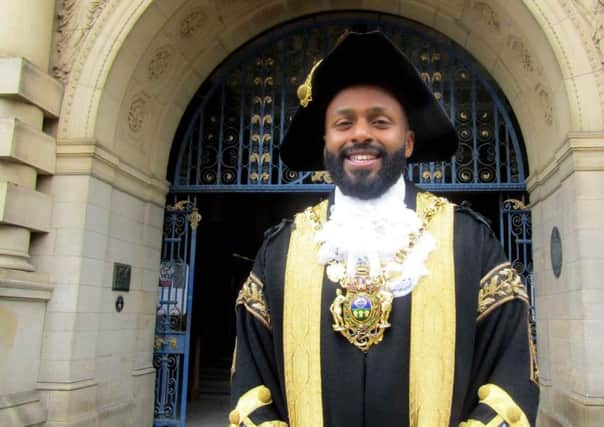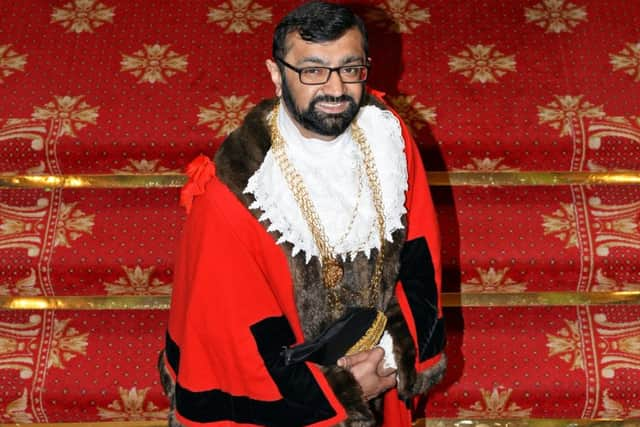Column: Majid symbolises progress at last


Ultimately, what it showed us all was not the depth of a new inclusiveness, rather it signified the extent of historical exclusion minorities have been subject to for centuries, and in that context the diversity of the wedding had its own unique significance. The truth about Harry and Meghan is that they reflect the gradual changes that are slowly reshaping British society. There were a million people of mixed ethnicity in the 2011 census, the fastest-growing ‘ethnic’ group. Yet it is often claimed by the state that it is minorities that do not integrate – which completely contradicts the evidence.
Of course, there are people that disapprove, as evidenced in a recent survation poll for British Future, part of a broader study of changing attitudes to race in Britain. It asked people what they thought about someone of mixed race joining the Royal family – an uncomfortably-large 12 per cent of people think it is bad. I am hoping that the Royal wedding helps in supporting a much needed debate about what it currently means to be black or ethnic minority in the UK. Jane Fonda, the American actress, recently said in an interview “When Trump was elected, and white supremacy was exposed, I realised that, as a white woman, the lens through which I was looking at race was too narrow. I think a lot of Trump’s election had to do with white supremacy and anger at a black president. I was stunned at how close to the surface racism in the United States is, and I needed to understand it better, so my intention right now is to try to understand more profoundly what it means to be black in the United States”. I look around locally and I hope people in power, because of the unprecedented levels of hate crime, may consider reviewing their understanding too – given the overwhelming evidence that minorities suffer some of the worst outcomes in this country.


Advertisement
Hide AdAdvertisement
Hide AdRecently both Doncaster and Sheffield selected two black and ethnic minority individuals as their civic mayors, which is without doubt progress. I have to say, I am a big fan of Magid Magid, and I couldn’t help to be moved by the honesty and frankness with which he spoke at his inauguration – on one hand he spoke clearly about pride and privilege on being the first citizen and on the other hand he spoke about racial and social injustices. It will be a privilege to share a platform with him on June 2 at the Yorkshire regional summit on the need to confront racism so that we can carry this conversation further.
I’m sure Majid, Magid and Meghan will be fantastic ambassadors for promoting diversity. More than that, I am hoping that people in power will eventually realise that minorities need to hold roles that one day go beyond ambassadorial, veneer and tick box, as was recently exposed by David Lammy MP when questioning why Oxford University lacked diversity – despite them, like many local authorities and institutions claiming they are champions of diversity, yet the evidence indicates the opposite.
Talking about selections, I can’t tell you how disappointed I was to learn that Coun Taiba Yaseen, a Muslim woman, with a disability, staunch feminist and champion of racial and social justice had been deselected from her role as a cabinet lead. This is the first woman of Pakistani heritage and Muslim in South Yorkshire that has ever held such a position, and she led Rotherham Council out of special measures. So, let me paraphrase David Lammy and ask, was Taiba not British, black, feminist or skilled enough to be regarded as a sister for her white Labour counterparts in Rotherham which was why she was rewarded with deselection? Rotherham was honoured with a talented Asian role model for thousand of young girls and women that suffer from aspiration deficit, and hope for a different future. Inexplicably Rotherham chose to cut those hopes before they could blossom.